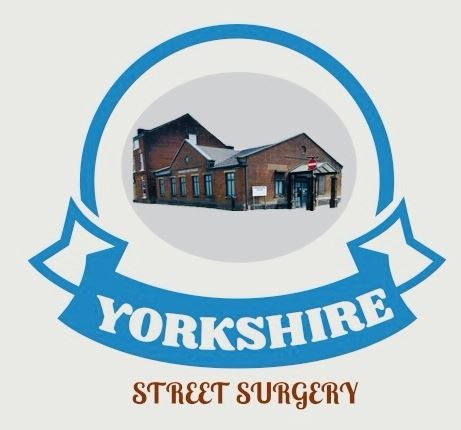Pharmacists can give you advice on a range of conditions and suggest medicines that can help.
They may also be able to offer treatment and some prescription medicine for some conditions, without you needing to see a GP (this is called Pharmacy First). Conditions they can treat as part of Pharmacy First are:
- earache (aged 1 to 17 years)
- impetigo (aged 1 year and over)
- infected insect bites (aged 1 year and over)
- shingles (aged 18 years and over)
- sinusitis (aged 12 years and over)
- sore throat (aged 5 years and over)
- urinary tract infections or UTIs (women aged 16 to 64 years)
If you go to a pharmacy with one of these conditions, the pharmacist will offer you advice, treatment or refer you to a GP or other healthcare professional if needed.
They will then update your GP health record.
If you are not within these age ranges, a pharmacist can still offer advice, but you may need to see a GP for treatment.
